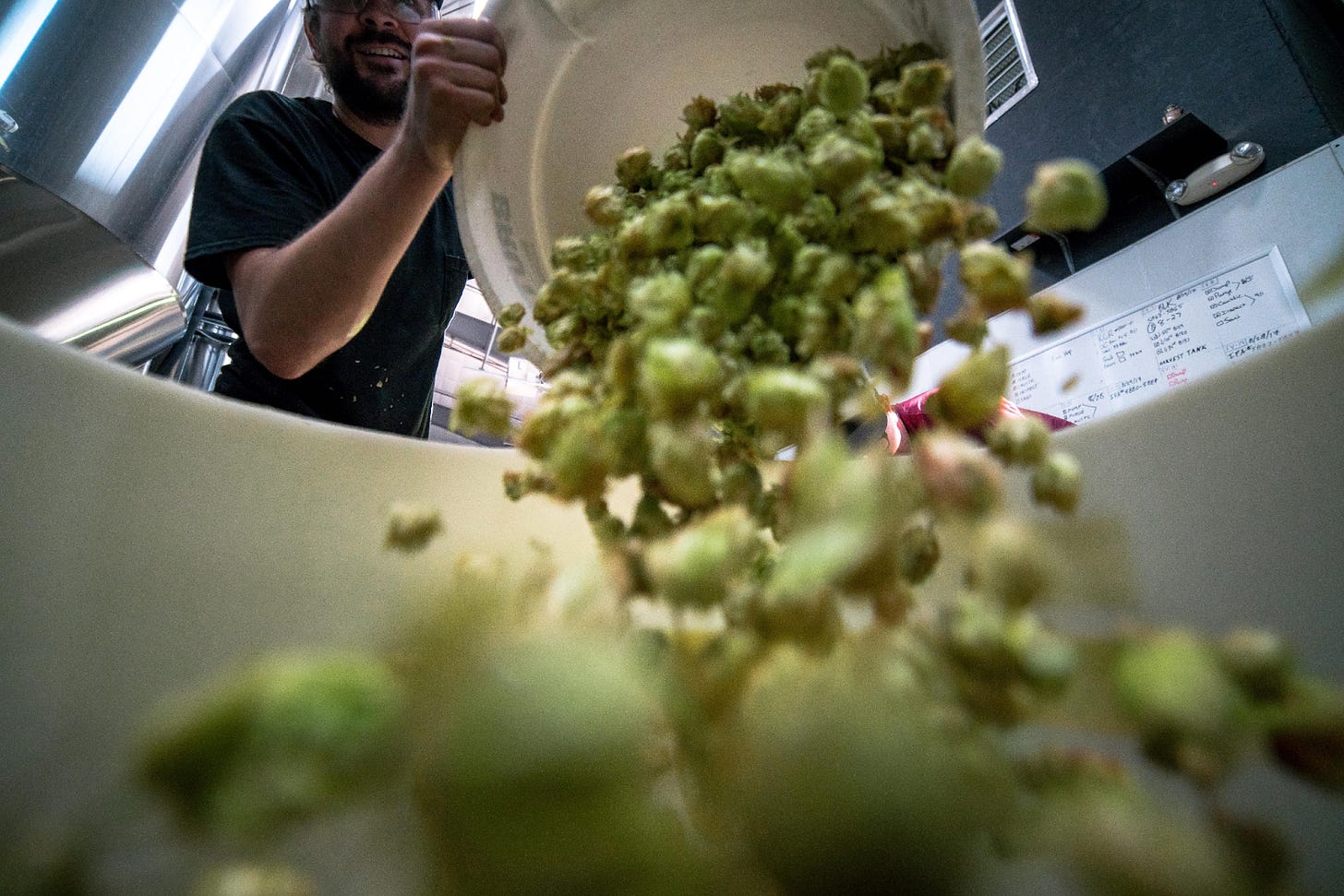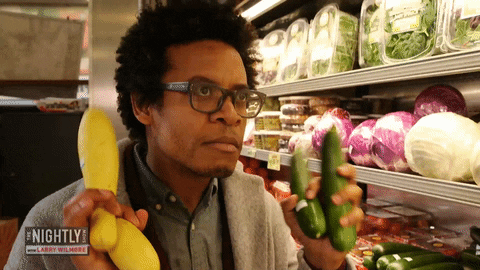One man's trash is another man's treasure
Can that be applied to food waste?
Our first newsletter was on Food Waste.
20 editions later, we are back at it.
With 1.3 billion tons of food wasted or lost every year, the concept of upcycling food is becoming mainstream.
Vegetable stems turned into chips, granola made out of juice pulp are some examples you might have heard of.
In August 2021, the world’s first upcycled food mark would be launched.
Let’s see how these 3 startups are converting everyday food wastage into something edible⬇️
Did you know?… Spent grains are produced by breweries as a byproduct of brewing beer. To produce beer, grains like barley are soaked in hot water, which releases sugars from them- crucial for the production of alcohol. The spent grains from the process are sometimes repurposed as animal feed but they are mostly discarded. In the US, craft breweries dump about 2 million tons of spent grain to landfills each year.
That sounds so logical…Compared to restaurant waste which is a mix of discarded food, spent grains are a homogenous waste that makes them easy to recycle. The founders at Rise Products realized how nutritious the spent grains are (without the sugar, barley is fibre and protein) and decided to repurpose them into flour.
The spent beer grains are collected from breweries across New York.
The grains are dried, milled and sifted into a fine flour.
This flour is sold to bakers and chefs across the city. The chefs call it ‘super flour’.

Don’t call it an overnight success…Realizing the amount of waste created in the food industry, a lot of chefs are eager to work with Rise Products. But it wasn’t always the case. In the beginning, when the founders took the dried grains to bakers, they were met with shrugs. Then one day, a baker suggested they convert it into flour and that’s how super flour was born. It’s currently available in dark (made from the spent grain used to make stout and porters), and light (made from the spent grain used to make lagers and IPAs).
When we buy fruits and vegetables in a store… we tend to pick up the ones that look beautiful. Supermarkets have picked up this trend and they discard huge quantities of products that don’t meet the appearance standards. This produce eventually ends up in a landfill. And all this is happening in a world where 1 in 9 people struggle to meet the daily recommended intake for fruits and vegetables.
OK, let’s make it beautiful for you…Canadian brand Outcast Foods is solving this problem by upcycling the ‘ugly’ produce. They collect it from the farmers, food processors and grocers across the country and convert it into nutrient-rich powdered form. Nutrients start to dissipate as soon as a fruit or vegetable is harvested and Outcast Foods chills them on the spot to prevent that.
Produce that is discarded because of cosmetic issues is collected by Outcast Foods.
It then arrives at a processing facility, where it is washed with vinegar, dehydrated and pulverized.
This powder is upcycled to make plant-based, gluten-free protein powders, vitamins and super greens.

Look at that growth %age…They use a patent-pending process to dry fruits and vegetables, which gives them an extra three years of shelf life. Apart from making gluten-free protein shake powders, superfood green powders and vitamins, the powder is also used as an ingredient in the cosmetic, agriculture and pet food sector. The rising awareness of food waste and sustainable products has contributed to a whopping 3,872% growth in their year-on-year online sales.
The fillets that you get at the grocery store…are made by removing the heads, tails, spines, scales, skin, and other nasty bits from the fishes. The filet yield after whole fish are processed is around 30 to 35 percent. The remaining non-filet-able fish parts are simply discarded or turned into low-value products like fertilizer or pet food.
A better-for-you snack…Salmon skins are also a type of non-filet-able waste. Goodfish reclaims these salmon skins and upcycles them into a healthier and nutritious snack. These healthier (high protein, low calorie) snacks are made from the reclaimed skins of Wild Alaskan Sockeye that would normally go to waste.
On their trip to Japan, Co-Founders Justin Guilbert and Douglas Riboud had learnt about the dried fish skins being used as a snack.
They decided to replicate the concept in the US by tying up with sustainable and well-regulated fisheries in Alaska.
These fisheries produce 100% traceable Wild Alaska Sockeye crispy salmon skins.

It all started in 2009…For more than a decade, Co-Founders Justin and Douglas have also been running Harmless Harvest, a sustainable and ethically produced coconut water brand. They had in fact thought of the name Goodfish when they started Harmless Harvest in 2009 but then, life got in the way.
🔍Want to know more about food waste?
Try solving the crossword below
☑️Want to reduce food waste at home?
Plan your meals- To avoid shopping for products that you will not consume and eventually throw away.
Ugly delicious- Choose those ‘not so perfect’ looking fruits and vegetables that are edible but others won’t buy.
Has it really expired?- Learn how to interpret food product dating.
If you liked it, please share this edition with your network by clicking the button below and help us reach 300 subscribers. We are just 17 short of that!
📢 Shoutout to Paridhi who helped me write this edition.
Hit that 💚 if you liked today’s edition.
📧 Got some feedback to share or want to say hello? Just reply to this email or leave a comment.
Thanks and see you next week😄










